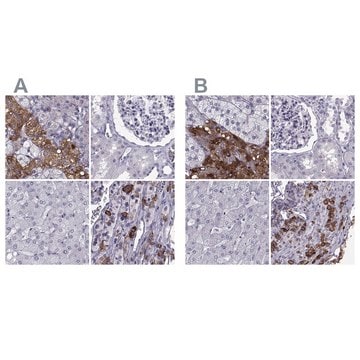WH0005122M2
Monoclonal Anti-PCSK1 antibody produced in mouse
clone 3D2, purified immunoglobulin, buffered aqueous solution
Synonyma:
Anti-NEC1, Anti-PC1, Anti-PC3, Anti-SPC3, Anti-proprotein convertase subtilisin/kexin type 1
About This Item
Doporučené produkty
biological source
mouse
conjugate
unconjugated
antibody form
purified immunoglobulin
antibody product type
primary antibodies
clone
3D2, monoclonal
form
buffered aqueous solution
species reactivity
rat, mouse, human
technique(s)
immunohistochemistry (formalin-fixed, paraffin-embedded sections): suitable
indirect ELISA: suitable
indirect immunofluorescence: suitable
western blot: 1-5 μg/mL
isotype
IgG3κ
GenBank accession no.
UniProt accession no.
shipped in
dry ice
storage temp.
−20°C
target post-translational modification
unmodified
Gene Information
human ... PCSK1(5122)
General description
Immunogen
Sequence
GGRRDELEEGAPSEAMLRLLQSAFSKNSPPKQSPKKSPTAKLNIPYENFYEALEKLNKPSQLKDSEDSLYNDYVDVFYNTKPYKHRDDRLLQALVDILNEEN
Physical form
Legal Information
Disclaimer
Ještě jste nenalezli správný produkt?
Vyzkoušejte náš produkt Nástroj pro výběr produktů.
Storage Class
10 - Combustible liquids
flash_point_f
Not applicable
flash_point_c
Not applicable
ppe
Eyeshields, Gloves, multi-purpose combination respirator cartridge (US)
Osvědčení o analýze (COA)
Vyhledejte osvědčení Osvědčení o analýze (COA) zadáním čísla šarže/dávky těchto produktů. Čísla šarže a dávky lze nalézt na štítku produktu za slovy „Lot“ nebo „Batch“.
Již tento produkt vlastníte?
Dokumenty související s produkty, které jste v minulosti zakoupili, byly za účelem usnadnění shromážděny ve vaší Knihovně dokumentů.
Náš tým vědeckých pracovníků má zkušenosti ve všech oblastech výzkumu, včetně přírodních věd, materiálových věd, chemické syntézy, chromatografie, analytiky a mnoha dalších..
Obraťte se na technický servis.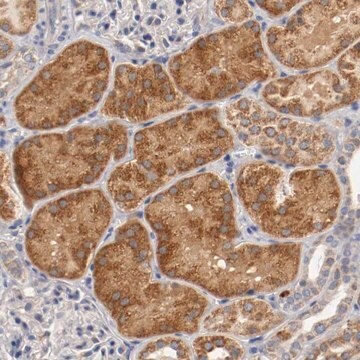
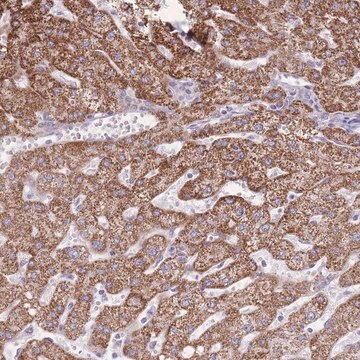
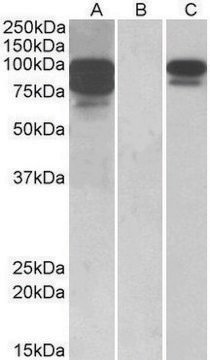
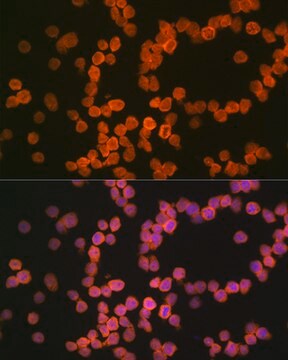
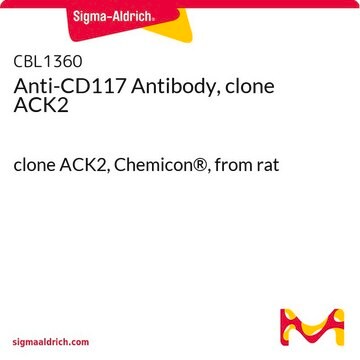
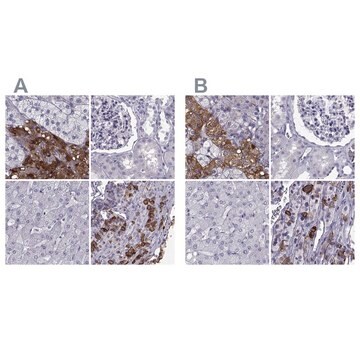
![[KD Validated]Anti-PCSK9 Antibody, clone 9L4U5, Rabbit Monoclonal](/deepweb/assets/sigmaaldrich/product/images/287/260/cdc087a1-d8df-45f5-b520-65479f938aa1/640/cdc087a1-d8df-45f5-b520-65479f938aa1.jpg)
